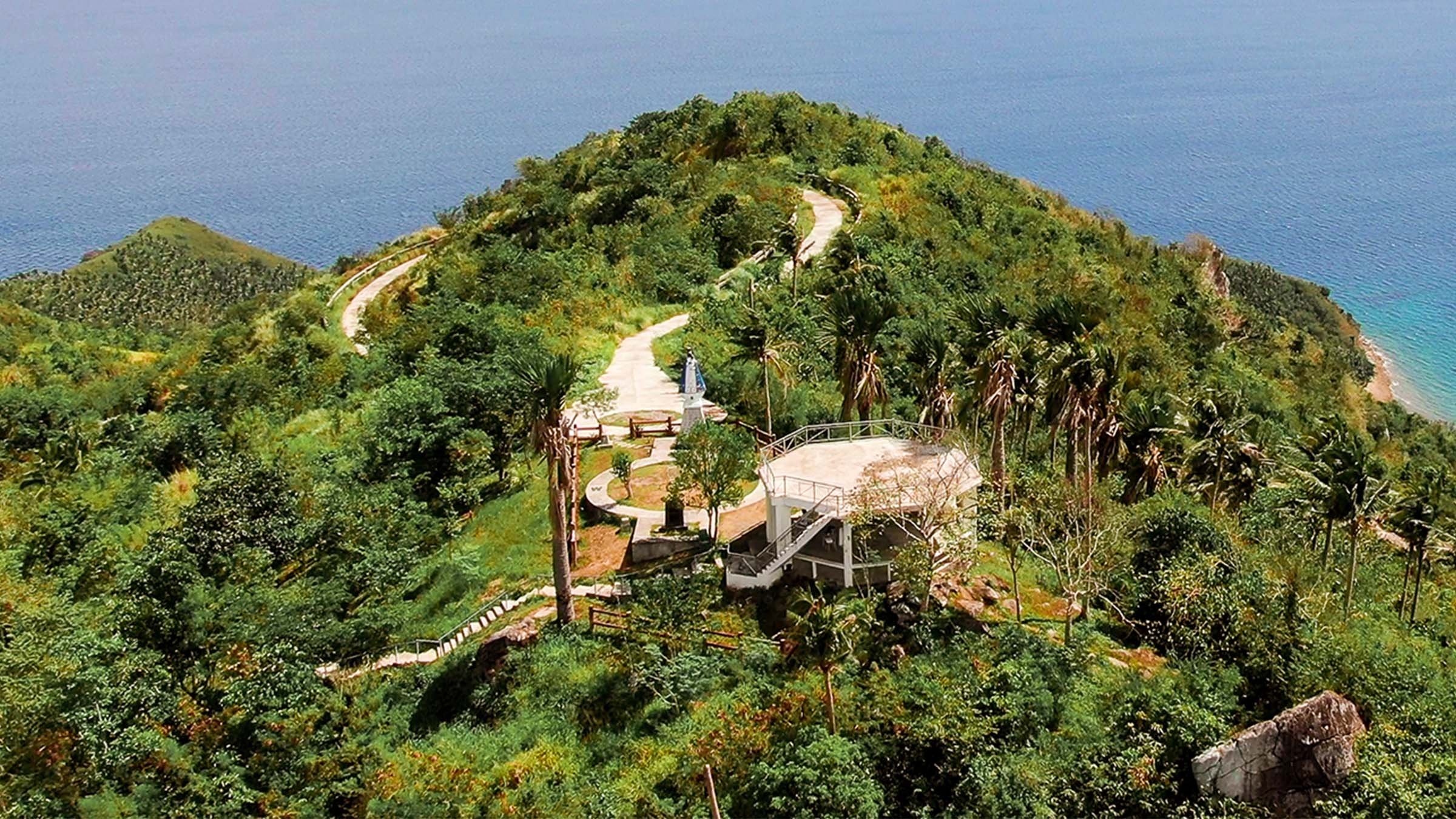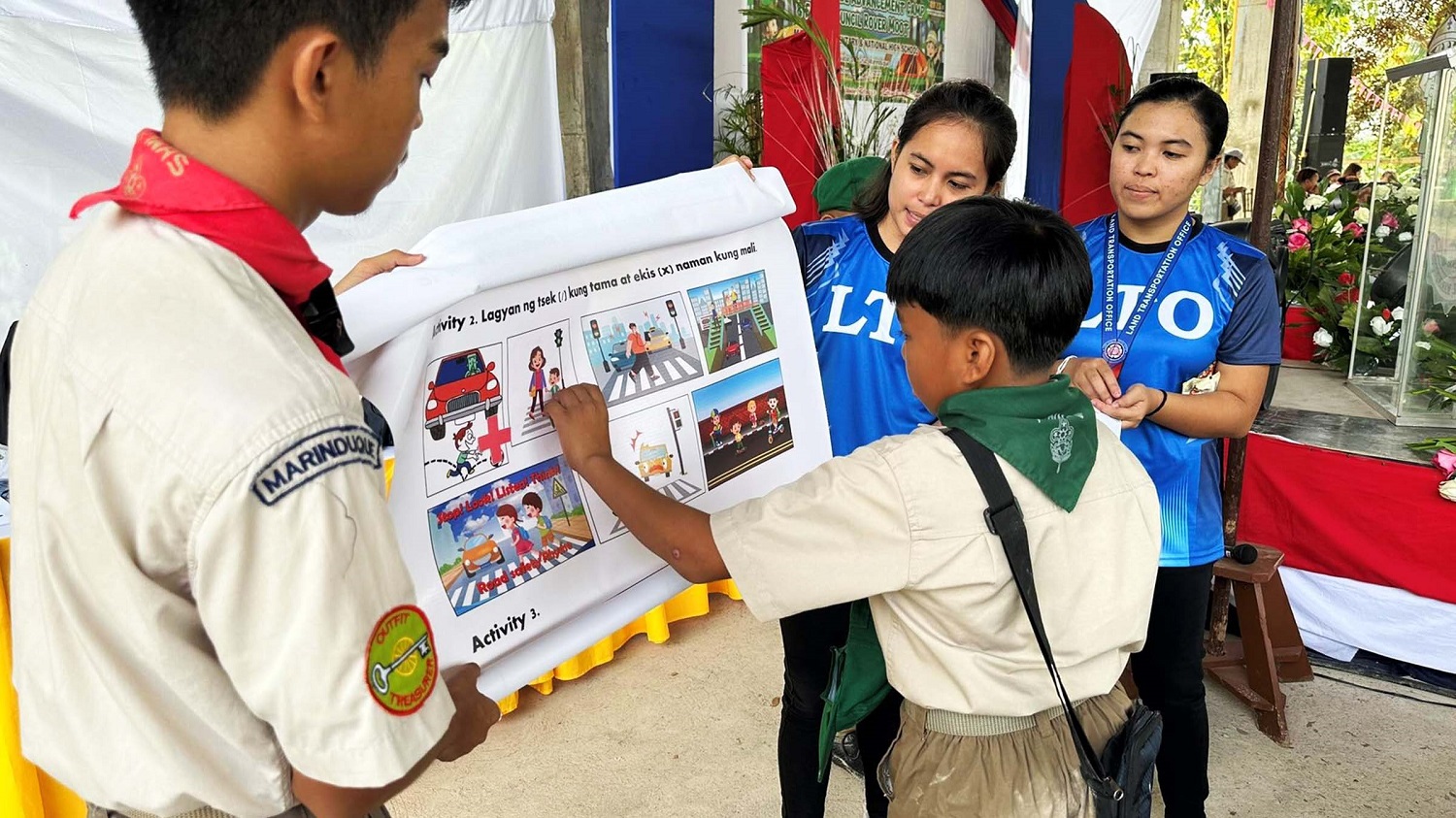QUEZON CITY, Metro Manila – In the face of a looming water shortage, Marinduque Rep. Lord Allan Jay Velasco, has asked Congress to set up a new agency that would primarily focus on the country’s water resources – the Department of Water Resources.
In a bill he filed, (House Bill No. 4897), Velasco, chairman of the House Committee on Energy, said the country should be ready to deal with a water crisis with measures that would stave off a shortage such as the recent one that affected thousands of families in Metro Manila.
“Unfortunately, the management of the country’s water resources remains fragmented and uncoordinated with over 30 government units and agencies at national and local levels implementing separate and disharmonized policies, plans and programs to develop and operate water facilities and infrastructure for various uses, regulate water use and set tariffs, and monitor water-related parameters,” Velasco, who has filed House Bill No. 4897, said.
Velasco, who is expected to take on the speaker’s post in about a year from now, was referring to a 2015 World Resources Institute study warning that the Philippines will likely experience a “severe water shortage” by the year 2040.
He said that the study is not surprising given the fact that in the World Bank’s 2003 Philippine Environment Monitor, it was already reported that as of year 2000, compared to other countries in Southeast Asia, the Philippines already ranked 2nd to the lowest in terms of annual renewable water resources per capita.
Also a 2017 report made by the World Health Organization (WHO) / United Nations Children’s Fund (UNICEF) Joint Monitoring Programme for Water Supply, Sanitation and Hygiene (JMP) revealed that in the Philippines there are 6.75 Million people lacking access to “at least ‘basic’ water”.
Velasco posited that climate change hazards (rainfall variability, increasing temperatures, rising sea level, and more extreme weather), which pose major risks to water resources and also a growing population will further aggravate this situation.
The lawmaker lamented that the overlapping and fragmented management and regulation of water resources and services hinder the enactment and implementation of a comprehensive, integrated and doable long-term solution to address keener competition, imbalance resource utilization and conflict of interests among water users, especially in areas already identified as water-stressed.
While the Philippine Statistics Authority (PSA) 2017 Annual Poverty Indicators Survey showed that ninety-four percent (94%) of the country’s 24.354 Million families or 9 in 10 families now have access to improved source of drinking water, Congress must put in place the policy framework and administrative infrastructure in order to meet the challenge especially with the adverse effects of climate change being gradually felt on our current water resources.
He stressed that access to safe and potable drinking water as a basic right was recognized by the United Nations as one of its Millennium Development Goals (MDGs). On July 28, 2010, 122 countries formally acknowledged this “right to water” in a UN General Assembly. Barely two months later, the ITN Human Rights Council adopted a binding resolution recognizing that the human right to water and sanitation is part of the right to an adequate standard of living. – Marinduquenews.com


